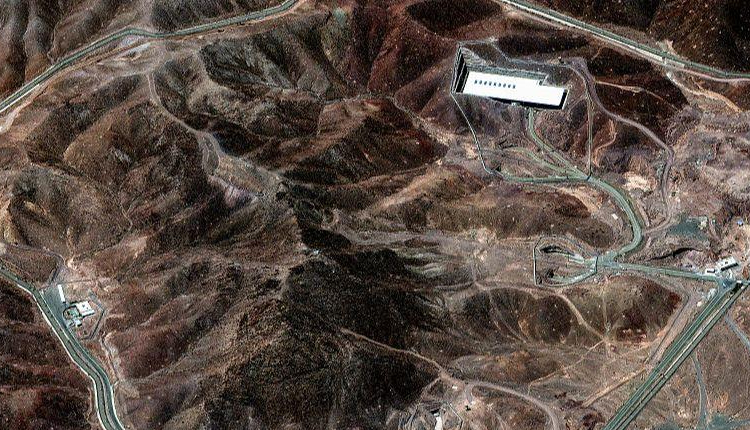New Delhi: The U.S. bombing of Iranian nuclear plants on June 22, 2025, including what it said was the heavily fortified Fordow plant, which it hit together with Natanz and Isfahan, caused light damages, with Saudi Arabia and the Iranian nuclear agency confirming the absence of radioactive pollution, alleviating the risk of a nuclear crisis in West Asia.
At 2.30 AM, the U.S. military flew in six B-2 Spirit stealth bombers to bomb three of the most important nuclear installations in Iran, equipped with GBU-57A/B Massive Ordnance Penetrator bombs and 30 Tomahawk cruise missiles based in submarines, in the hopes of ruining its uranium enrichment program. In a post on Truth Social, President Trump described the operation as a spectacular military success, claiming that Fordow, which is 80-100 metres beneath a mountain near Qom, had been completely obliterated.
Radioactive release was reported as none in the National Nuclear Safety System Centre of Iran; the radioactivity was within the normal range during the field survey and by radiation monitors. Mehdi Mohammadi, a Parliament speaker advisor, stated to IRNA that Fordow had been evacuated in advance, and it was only the tunnels of the entry and exit impacts, with no damage done to crucial infrastructure. The Nuclear and Radiological Regulatory Commission fixed the truth in Saudi Arabia, where it recorded no radiation in the Gulf Zone. Neighbouring homes around Fordow said there were no massive explosions of any type, with the Qom-Isfahan highway functioning normally.
The account of the minimal damage Arash Azizi, a Middle East scholar at Boston University, indicates that the claims made by Iran reflect a strategy to downplay the effects of the strikes. The fact that they had evacuated the Fordow means they foresaw this attack. The Iranian version received support from X posts, where some accounts suggested minimal damage at most, while others raised the alarm about potential radiation exposures, a claim that has not yet been confirmed.
The U.S. intervention after Israel, Operation Rising Lion, is the first direct assault on Iran after the prolongation of a nine-day war, which has claimed the lives of more than 430 people, of whom 224 were civilians, according to the Iranian Health Ministry. Iranian Foreign Minister Seyed Abbas Araghchi blasted the strikes as a criminal violation of international law and insisted the Security Council meet.
The news that Iran is threatening retaliation against the U.S., possibly at the Bahrain bases or along the Strait of Hormuz, has the region at the edge of a wider war. As there is no confirmed threat of radiation, the world’s attention turns towards the further action of Iran and the possibility of avoiding further serious crises that can affect the energy markets as well as regional stability.



Comments are closed.